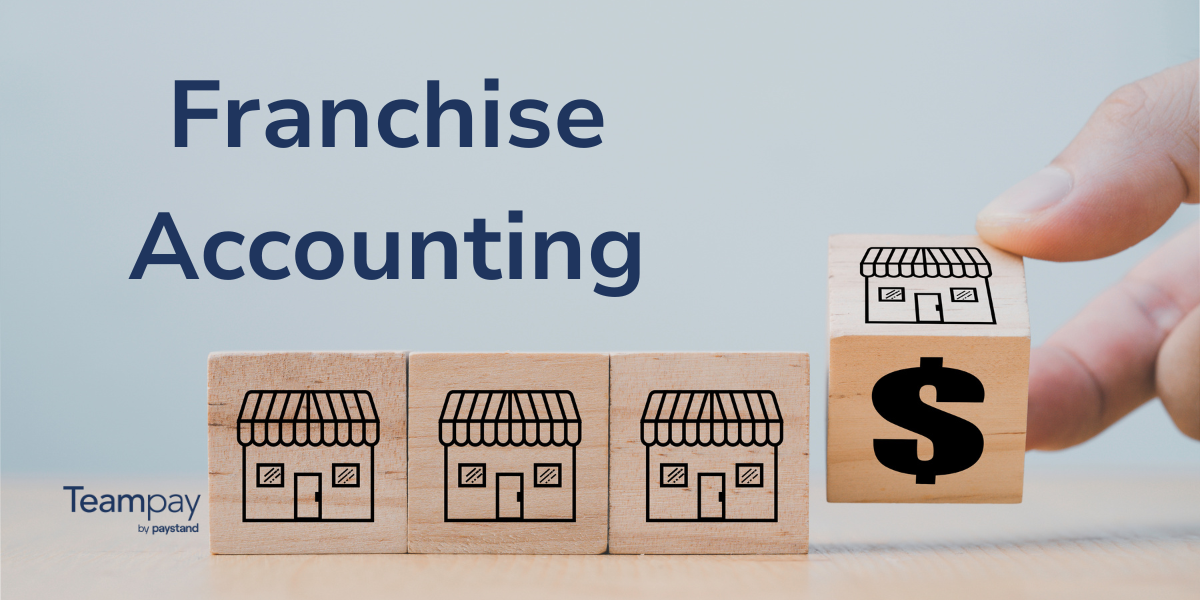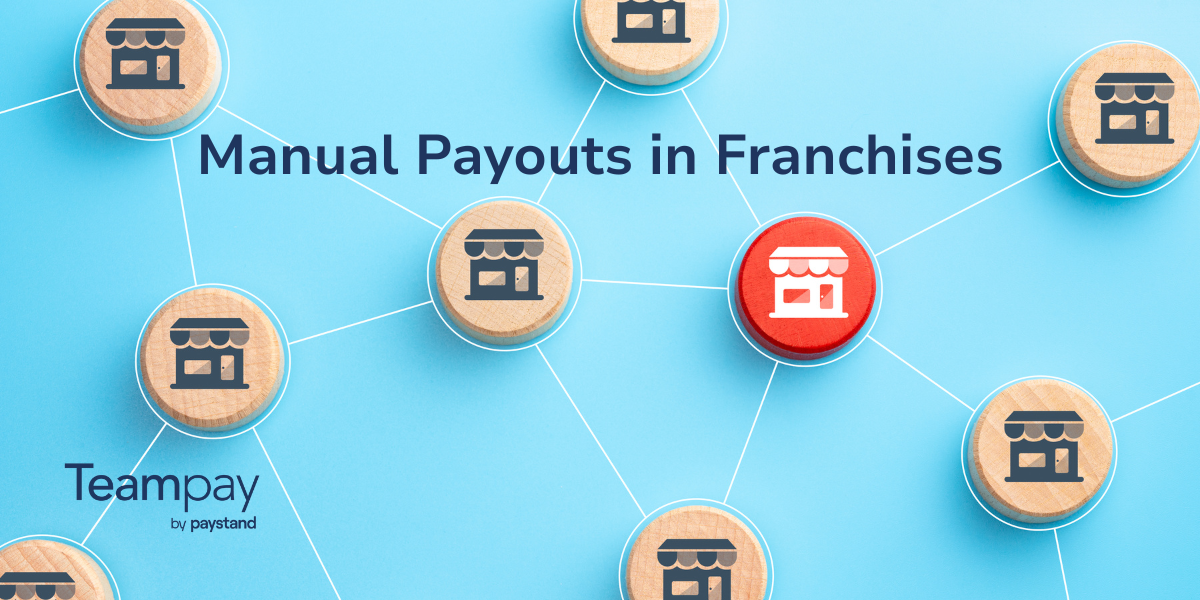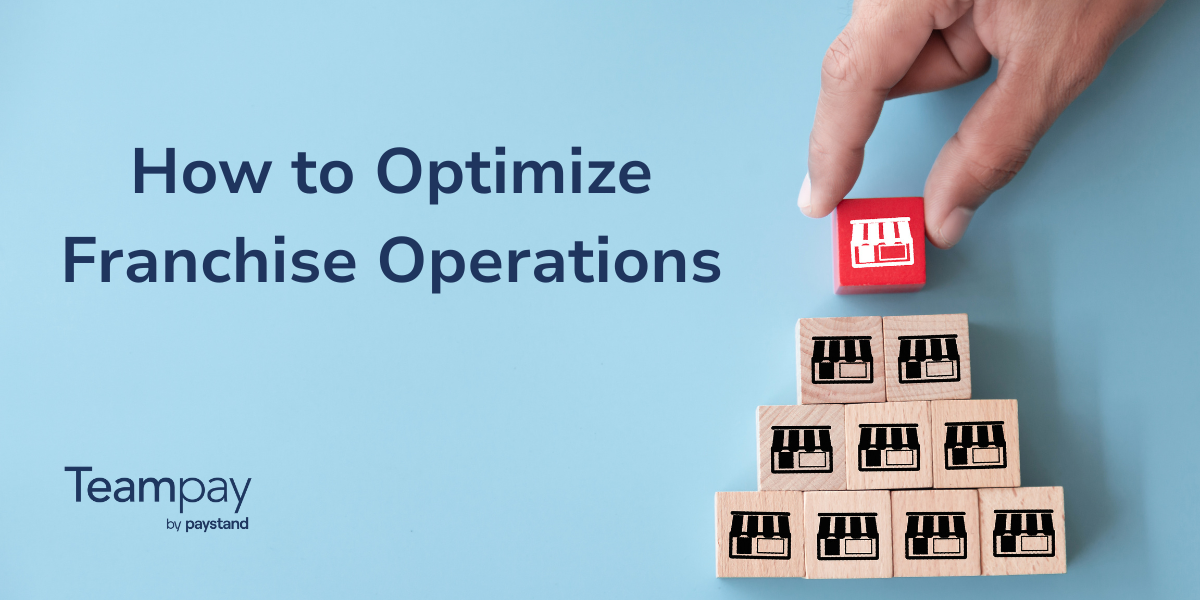Reconciliation can be a chaotic process, at least the way it’s currently handled within many organizations.Receipts trickle in slowly, if they come at all. Credit card statements appear for the first time at the end of the month, often weeks after purchases have been made. Transaction data is often incomplete, out of date, or flat-out inaccurate by the time it crosses finance’s desk. And at the end of the month, the finance team is left to pick up the pieces.A controller at an electric-component manufacturer with more than 2,000 employees sums it up:“By the end of the month, no one can remember what they spent on what card or even why. Then it’s all on us.”At Teampay, we call this best-guess accounting. It’s easy to assume that it’s the way business accounting is done. After all, what’s the alternative? Stand over every employee’s desk, scrutinizing the details of each transaction made across the company?But as time goes on, and the business landscape continues to shift to a bottom-up approach to spending, the flaws in best-guess accounting are growing increasingly clear. In fact, 60% of finance professionals cite “best-guess accounting” as a major challenge they face when it comes to spend management.Below, we outline what’s at stake for companies when they continue with this accounting-by-best-guess approach—and lay out a new path to empower finance teams to move with the agility and accuracy necessary to get ahead in today’s business environment.
It costs time and money
The first and perhaps most obvious flaw in the “best guess” approach to closing a company’s books is that it costs the finance team (and the company as a whole) precious time and, by extension, money.Best-guess accounting involves a lot of human effort. Finance team members are constantly hunting for receipts, chasing down teammates in an attempt to get an accurate understanding of what they bought, and why. And the time drag isn’t restricted to the finance team: the rest of the workforce is impacted as well, as they’re tasked with digging through their inbox or piles of paper searching for misplaced receipts.Establishing the exact amount of time and money teams lose to inefficient accounting methods is notoriously tricky, but research has started to quantify the cost of certain outdated methods. For example, nearly 20% of expense reports contain missing information, adding up to $500,000 in added cost and close to 3,000 hours of labor as finance teams scramble to fill in the blanks. Meanwhile, manually scanning and reviewing individual expense receipts increases costs by an average of approximately $26 per report, according to a report by PYMNTS.
It introduces error
It’s a simple reality of life: wherever you have humans, you’re going to have human error. When you chart the company's spend based on best guesses, you open yourself and the company up to the possibility that those best guesses could be wrong.The risk of error is a particular problem at crucial inflection points—tax time, audit season, IPO preparation, or financial reporting—when the internal team is not the only group of stakeholders looking into your finances.As with wasted time, error comes with a price tag attached. In 2013, U.S. businesses lost $7 billion to IRS penalties stemming from accounting errors. According to the SEC, many of these errors stem from basic accounting mistakes, like failing to classify costs correctly.
It compromises future planning
Finance professionals know that a plan is only as good as the data that informs it. With a best-guess approach to accounting, a company’s financial data is compromised, as is their ability to plan appropriately.Not only does best-guess accounting compromise the quality of the data, but it also limits the amount of time finance teams have to work with that data. If finance is spending time chasing receipts and following up with teammates to understand purchase decisions, that’s time they’re not spending analyzing the data they have and spotting opportunities to improve efficiency and foster growth.In today’s fast-paced business environment, that kind of strategic planning time is an asset that companies can’t afford to lose. Top-performing finance teams spend as much as 75% of their time on data analysis and insights. If they are busy working out who spent what and where instead, it puts the rest of the company at a strategic disadvantage.
Make best-guess accounting a thing of the past
Finance is a combination of art and science. The key is striking the correct balance and, in this respect, many companies miss the mark. But there’s a solution: by having employees categorize their purchases upfront, finance teams can ensure that transactions are correctly coded and improve accuracy.Gut feelings have their place in a night at the casino, but they don’t belong in your business’s accounting practices. Collecting information about purchases before they occur, and passing it through to your general ledger automatically, will ensure accurate data from request to reconciliation.












